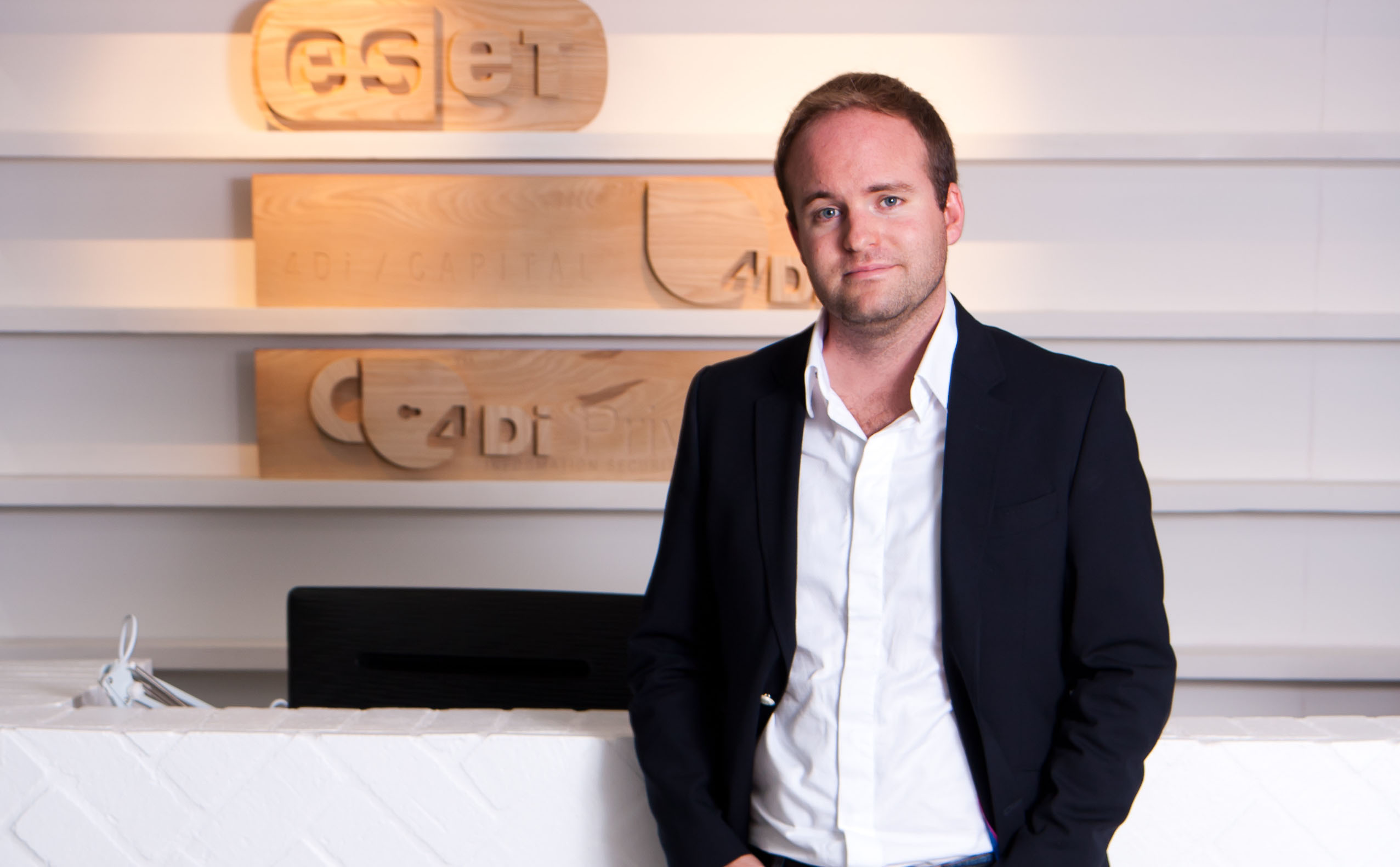Business
Farm Boy to Firewall: How a South African Dropout Built a Cybersecurity Empire

From rural roots to reshaping tech, Justin Stanford’s unlikely rise through resilience, risk, and raw ambition
When you hear “cybersecurity magnate,” you probably don’t picture a teenager walking away from high school after losing his family in a tragic accident. But that’s exactly how Justin Stanford’s story begins.
Raised on a farm in South Africa, Stanford left high school after a car crash took the lives of his mother and sister. At just 17, he moved alone to Cape Town with nothing but raw ambition and a fascination with technology.
“I eventually quit school to pursue this dream, moving to Cape Town on my own as a largely clueless farm kid,” he later shared.
What followed were three tough years of failure. He launched a series of startup attempts from a garage in Claremont, all in the internet security space, years before cybersecurity became a mainstream concern. None of them took off.
Breakthrough at 21: The ESET Southern Africa Story
In 2002, attempt number four finally stuck. Stanford co-founded 4D Digital Security, and by the age of 21, he had secured regional distribution rights for ESET, a leading European cybersecurity firm.
That deal became the foundation of ESET Southern Africa, which he helped build from the ground up. The company grew by working through local resellers instead of direct sales and eventually supported a network of over 2,500 partners across more than 15 countries in the region.
From endpoint protection and encryption to managed detection and response, ESET Southern Africa became a trusted name in digital defence. It’s now based in Rondebosch, Cape Town, and employs a specialised team of around 48 people.
Stanford remains on the board of ESET Southern Africa today.
From Distribution to Investing: 4Di Capital Is Born
After ESET took off, Stanford moved into venture capital. In 2009, he co-founded 4Di Capital, a Cape Town- and Atlanta-based early-stage tech investment firm.
Together with Erik van Vlaanderen and a team of experienced partners, Stanford wanted to back African startups that often lacked early‑stage funding and support.
One of their earliest supporters? None other than billionaire Johann Rupert, who saw potential in their vision.
Over the years, 4Di has built a portfolio that includes LifeQ, VALR, Talk360, CubeSpace, and Cloudline, backing innovative founders in health tech, crypto, aerospace, and communications.
Silicon Cape and Stanford’s Impact on the SA Startup Scene
Also in 2009, Stanford co-founded the Silicon Cape Initiative, a movement to unite and elevate Cape Town’s fractured startup ecosystem. The initiative was inspired by the visible gap between SA’s emerging tech talent and the lack of Silicon Valley-style support.
“We saw a gap between the positive emerging potential in tech start-ups here and the negative availability of Valley-style early-stage funding and support,” Stanford said.
Today, Stanford continues to champion early-stage tech innovation through both 4Di and his broader network, focusing on mentorship, scalable capital, and founder support in emerging markets.
A South African Tech Story Worth Telling
From leaving school after personal tragedy to leading two of South Africa’s most impactful tech ventures, Justin Stanford’s journey is a reminder that traditional paths don’t define success.
He may have started out as a “clueless farm kid,” but today, his work shapes the region’s cybersecurity landscape and helps fund the next generation of innovators.
And he’s not done yet.
Also read: From Tariff to Triumph: How SA Can Turn Trump’s 30% Blow into a Jobs Boom
Follow Joburg ETC on Facebook, Twitter , TikTok and Instagram
For more News in Johannesburg, visit joburgetc.com
Source: MyBroadband
Featured Image: The Flip Africa















